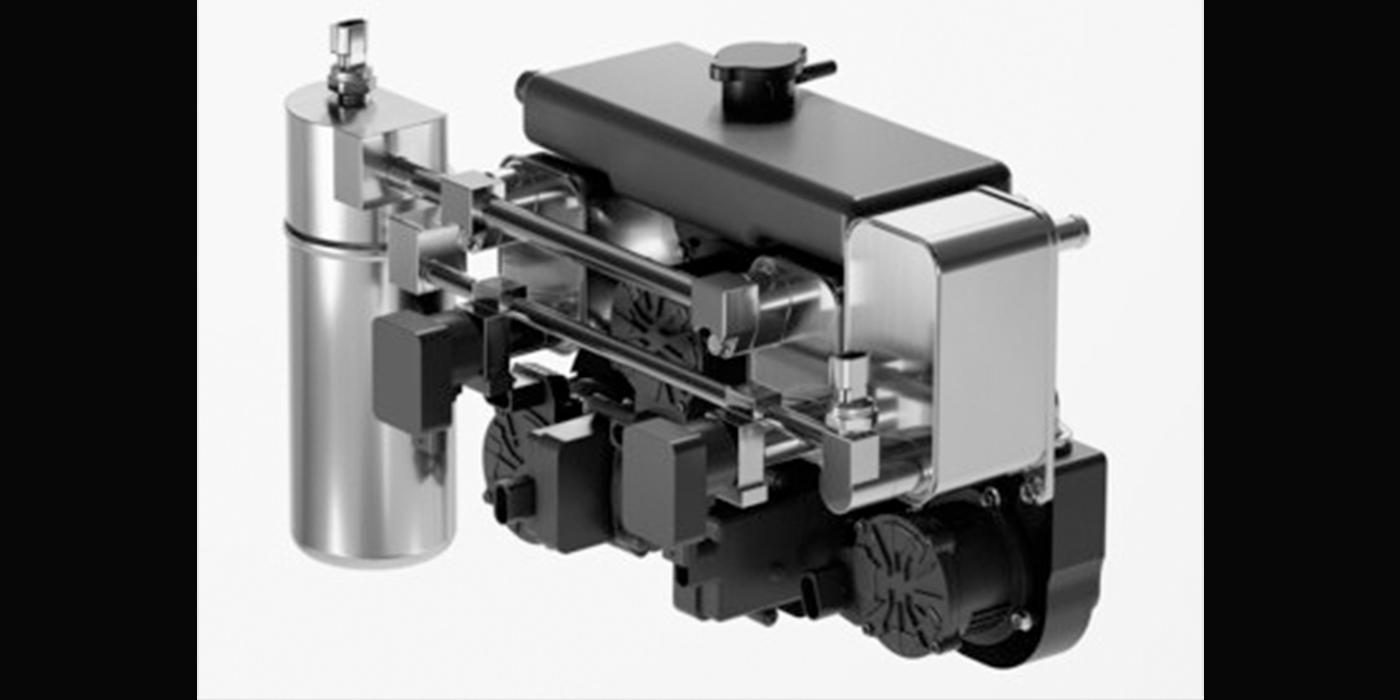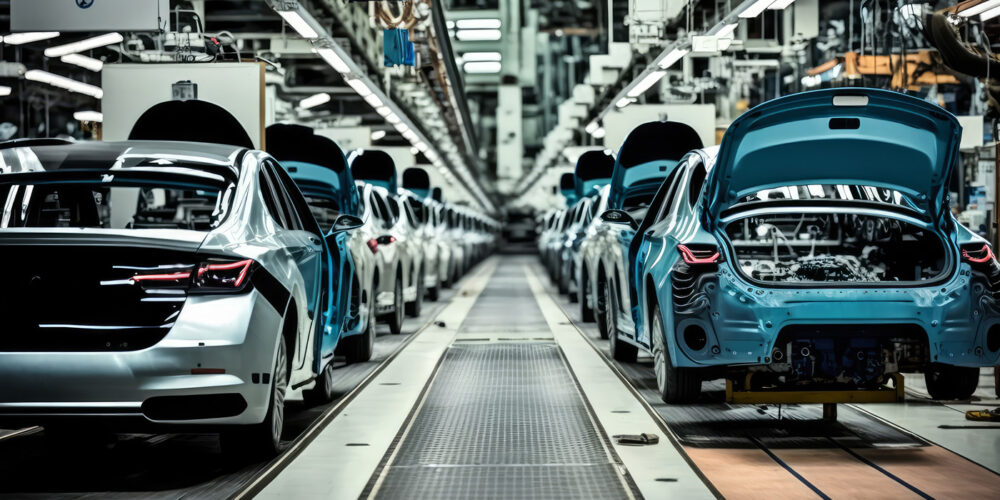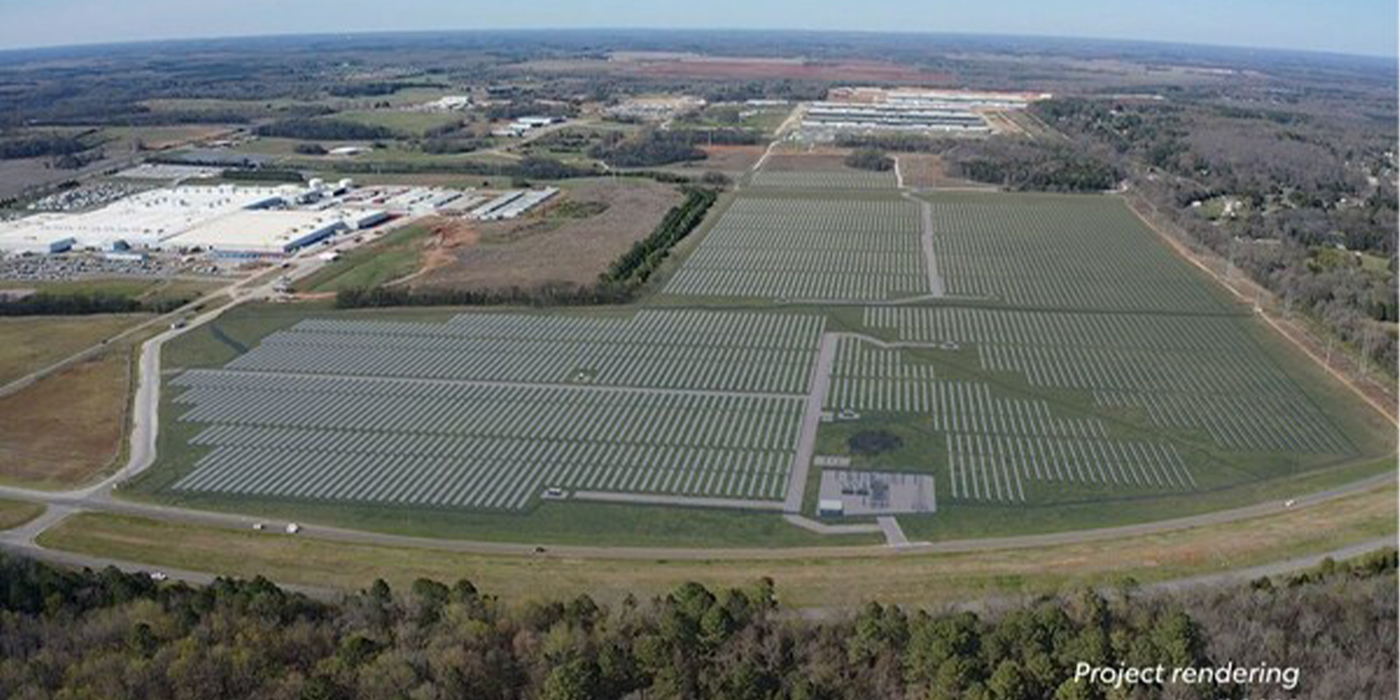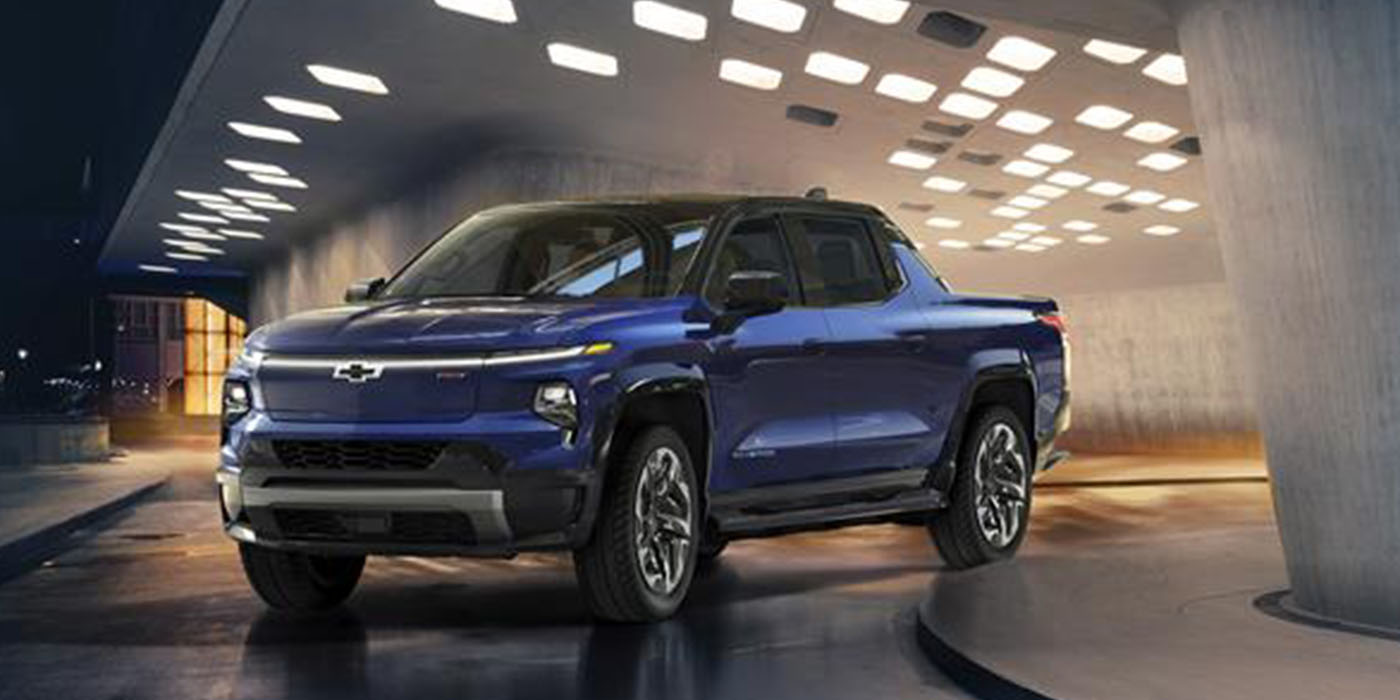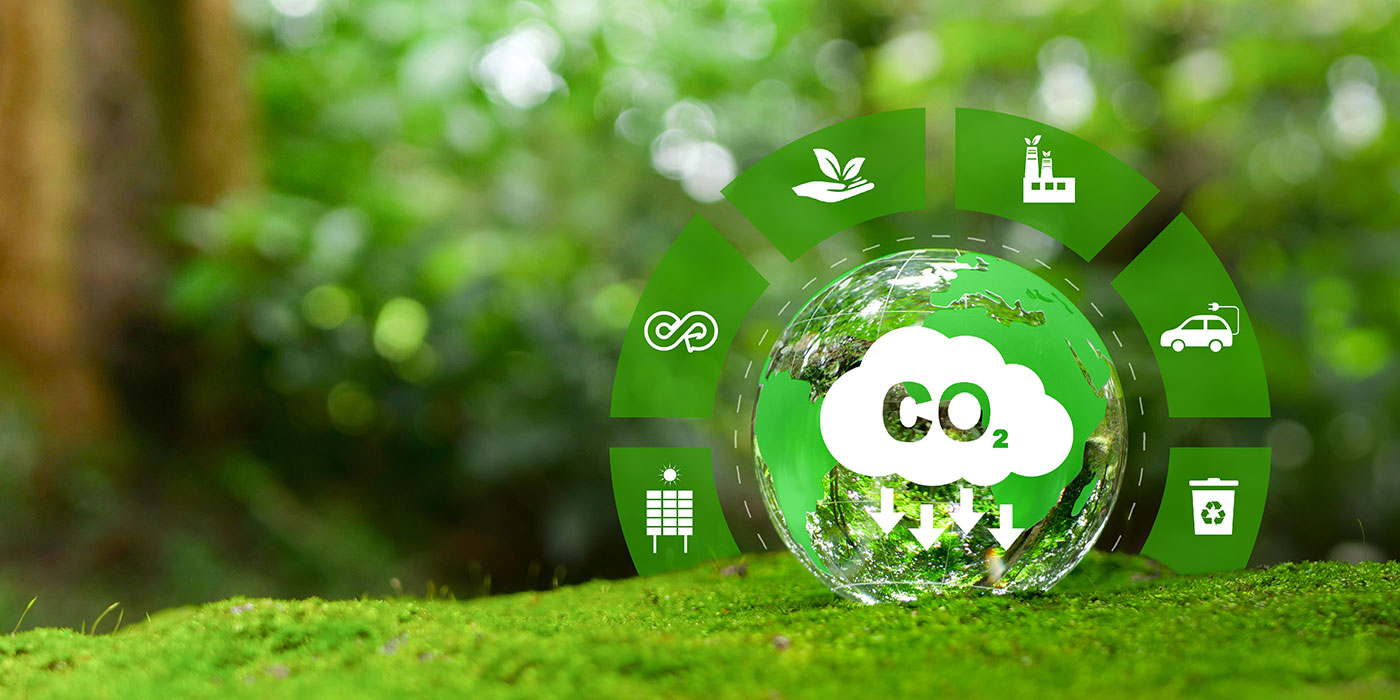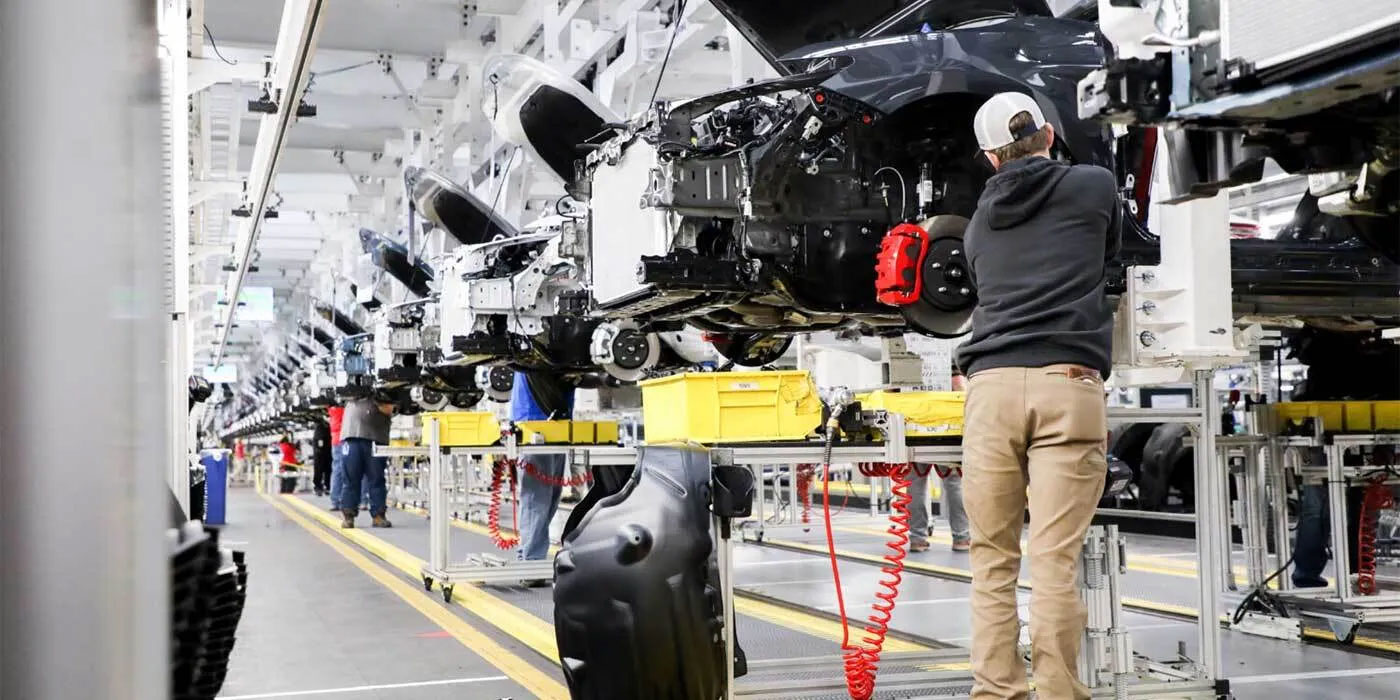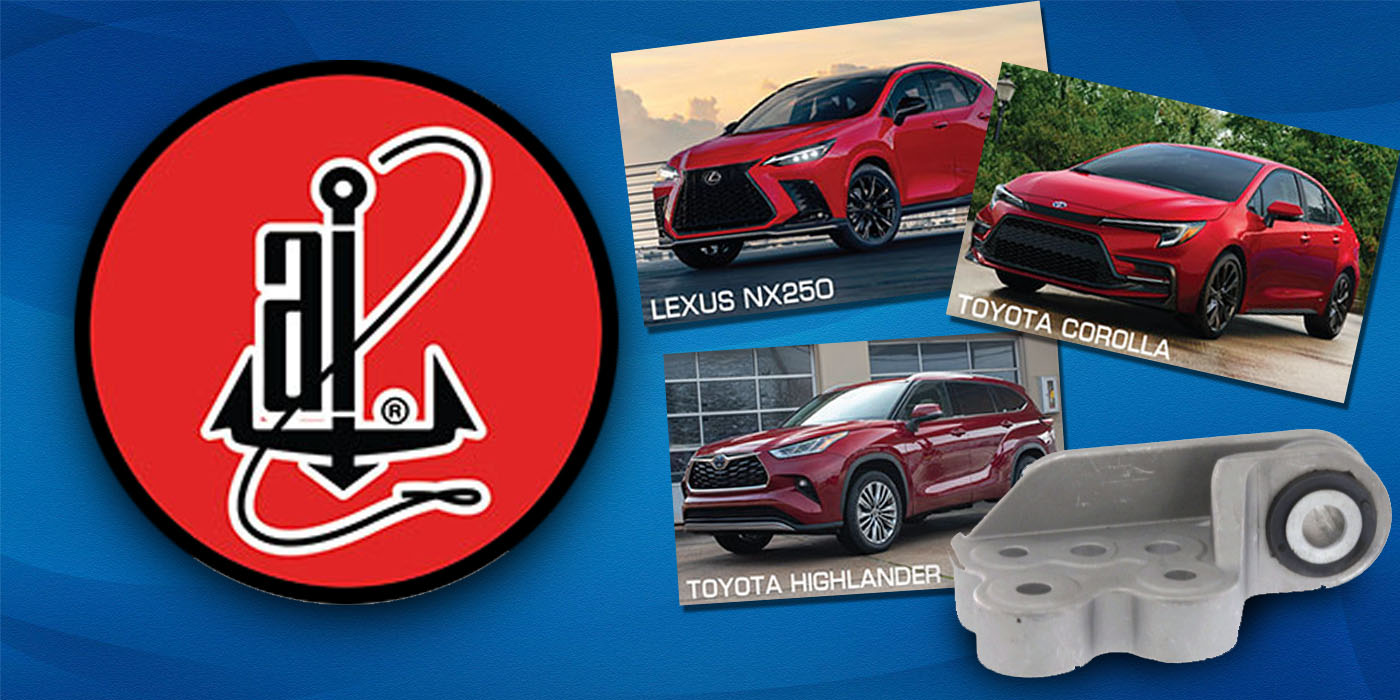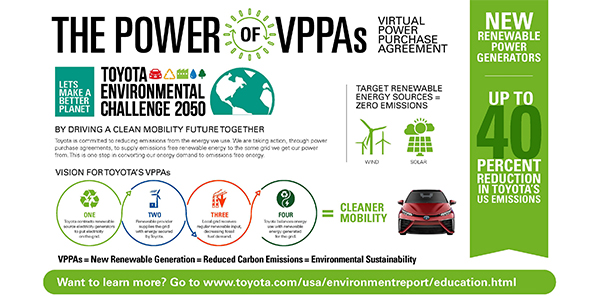
Toyota Motor North America (TMNA) is committing to aggressively reduce its carbon output in the United States by entering into Virtual Power Purchase Agreements (VPPAs). It will use them to reduce emissions from its North American operations by up to 40% over the next three years.
The move represents another major step toward Toyota’s Environmental Challenge 2050 goal of cutting global emissions from plant operations to zero by the year 2050.
Under the VPPAs, which the company expects to commence later this year, TMNA will contract with renewable energy providers to generate wind and solar power that will be provided directly to regional electric grids. The supply of renewable power is expected to reduce use of fossil fuels while improving the sustainability of the electric grid in the area.
By powering its operations from the enhanced grid and applying Renewable Energy Credits earned by funding the generation of renewable electricity, Toyota expects to substantially offset emissions from its facilities in North America.
“Toyota has long been defined by its commitment to responsible environmental practices, and we’re proud to build upon that great legacy today,” said Kevin Butt, general manager and regional environmental sustainability director for Toyota Motor North America. “We are committed to setting an example of sustainability that goes beyond vehicles to show how a company can significantly reduce the environmental impact of its operations. By cutting our U.S. emissions by 40%, we will be that much closer to our goal of having a net positive impact on the environment by the middle of this century.”
Toyota’s VPPA program is the result of more than six years of research into how best to reduce and offset emissions from the company’s operations, working in partnership with MIT, the National Renewable Energy Lab, the Rocky Mountain Institute and others. It is part of a wider effort across the company to reduce the environmental impact of enterprise operations as it also works to limit vehicle emissions.
This endeavor supports Toyota’s Environmental Challenge 2050. Launched in 2015, the Challenge sets out six objectives for the company’s global operations, including:
- A 90% reduction in global average CO2 emissions from new vehicles vs. 2010 levels;
- The complete elimination of CO2 emissions from the entire vehicle life cycle; zero emissions at all manufacturing plants worldwide;
- Minimizing water usage and implementing water discharge management protocols;
- Promoting global deployment of end-of-life vehicle treatment and recycling, and;
- Connecting and promoting nature conservation activities outside of the Toyota Group in the communities where the company operates.




